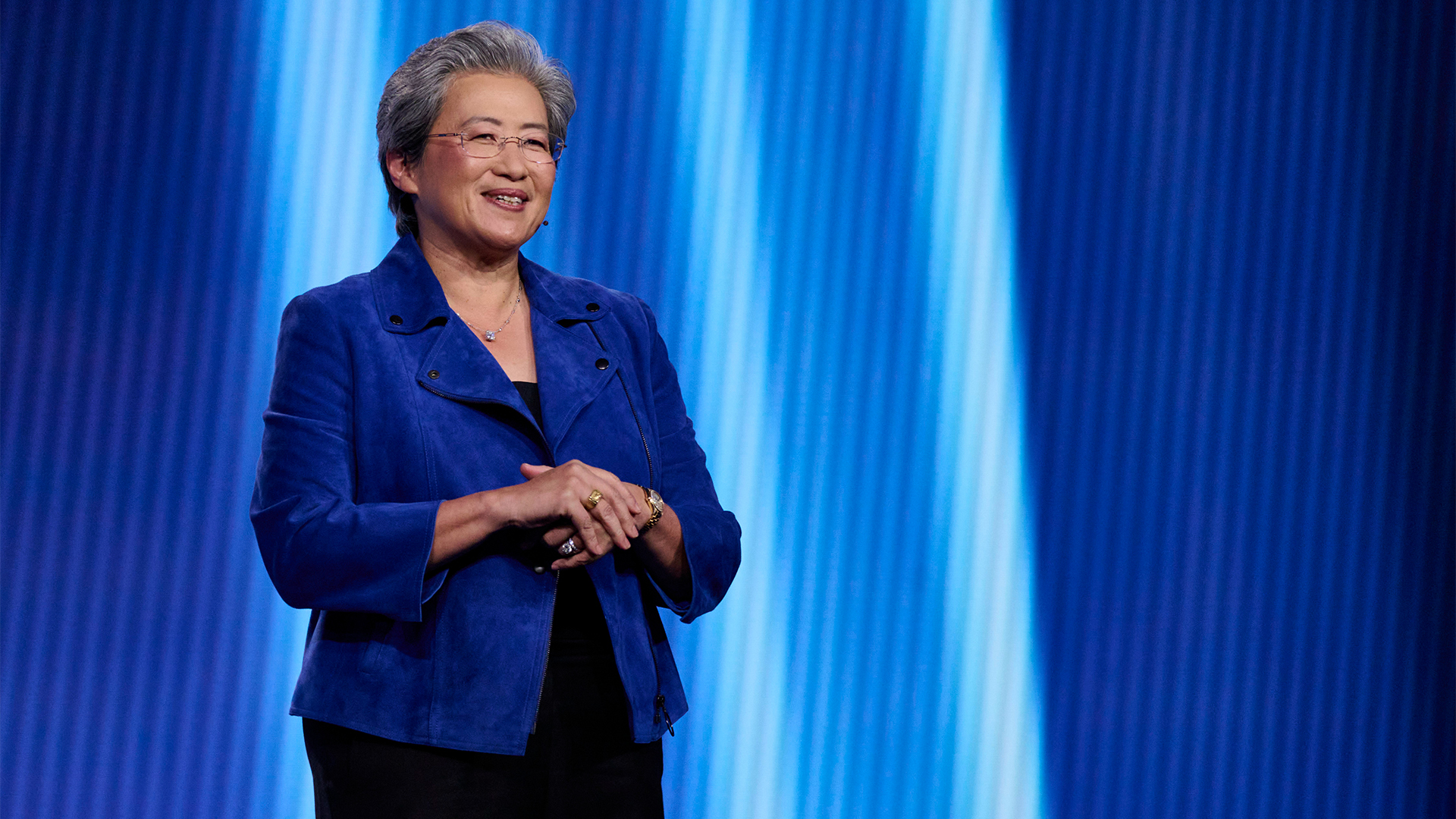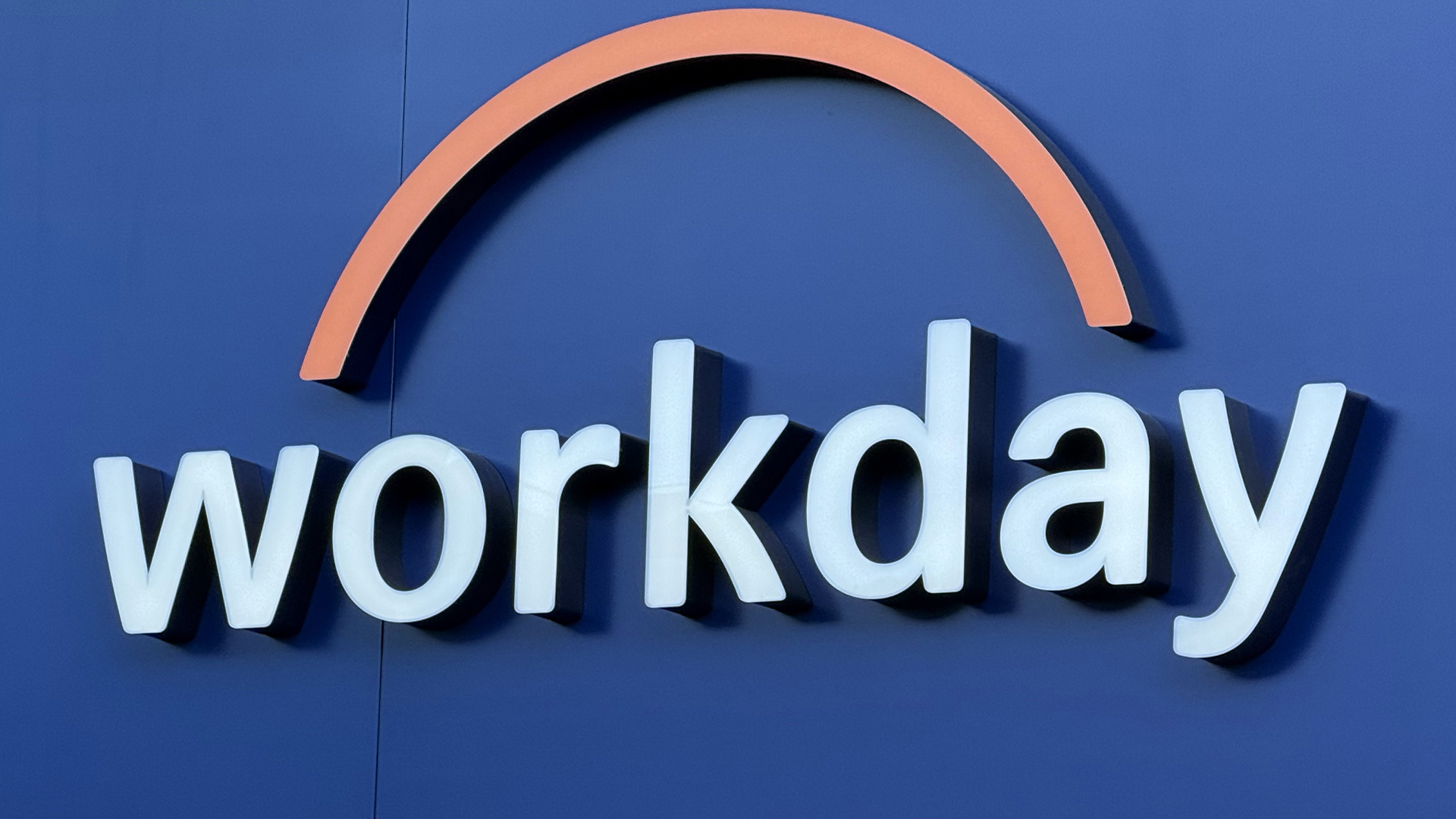Microsoft overhauls staff contracts, abandons 'non-compete clauses' to comply with state laws
The tech giant will also no longer invoke non-disclosure agreements and will publish salary ranges on all job listings


Microsoft has announced a set of revised policies that will decrease the legal restrictions placed on US employees, as well as making a number of improvements to the transparency offered by the company in areas such as salaries and civil rights.
It said the new initiatives were made with a view to improving the company’s workplace culture and further deepening the company’s relationship with its employees.
The decision coincides with new laws enacted in the state of Washington, in which the company's Seattle headquarters are located, laws that appear to have influenced at least half of Microsoft's new policies.
The first of the four new changes is the removal of non-compete clauses in new hires’ employment contracts. The company will also ignore all the non-compete obligations that are currently embedded in all US employees’ contracts going forwards.
All Microsoft employees currently have non-compete obligations inserted into their contracts, and a policy to ignore them for existing workers, and eliminate them from future contracts, applies to everyone except for senior leadership members, such as partners and executives.
Microsoft said it rarely exercises these existing clauses, but also does not believe in using them as effective talent retention tools.
“In practice, what this means is those US employees will not be restricted by a non-compete clause in seeking employment with another company who may be considered a Microsoft competitor,” it said in Wednesday’s announcement. “All employees remain accountable to our standards of business conduct and other obligations to protect Microsoft’s confidential information.”
Sign up today and you will receive a free copy of our Future Focus 2025 report - the leading guidance on AI, cybersecurity and other IT challenges as per 700+ senior executives
The tech giant has also made changes to help foster a culture that allows for more open discussions about potentially illegal issues that have occurred and been resolved through internal processes.
Despite having existing provisions that allow employees to discuss matters such as their terms of employment or concerns of possible misconduct, there have been occasions where employees have received separation benefits or have settled matters internally and then been bound by non-disclosure clauses.
This appears to be a direct result of the introduction of a new Washington state law, House Bill 1795, which came into effect today, although there is no mention of this in Microsoft's announcement.
Another of the policy changes likely driven by new legislation is Microsoft’s commitment to including all salary ranges on job postings, starting January 2023, the same date that Senate Bill 5761, which mandates clear salary information on new job postings, takes effect.
RELATED RESOURCE

Nine steps to IT audit readiness
How technology can help win back your time and reduce IT risk
Microsoft cited its annual equal pay analyses and the company’s ambition “to implement best practices to further strengthen our equal pay approach” as the drivers that informed its decision to stop asking applicants about their salary histories “several years ago”, and that the new policy builds on this “best practice”.
The final commitment by the company will be to conduct a civil rights audit using a third-party company during its fiscal year 2023. It will make the findings public and report on its planned follow-up actions.
“This audit, to be conducted by a third party, will be guided by US civil rights law and Microsoft values with the purpose of identifying areas of opportunity for Microsoft to address,” it said.
IT Pro asked Microsoft if it was considering making similar policy changes in the UK or anywhere else in the world, but it did not reply at the time of publication.

Connor Jones has been at the forefront of global cyber security news coverage for the past few years, breaking developments on major stories such as LockBit’s ransomware attack on Royal Mail International, and many others. He has also made sporadic appearances on the ITPro Podcast discussing topics from home desk setups all the way to hacking systems using prosthetic limbs. He has a master’s degree in Magazine Journalism from the University of Sheffield, and has previously written for the likes of Red Bull Esports and UNILAD tech during his career that started in 2015.
-
 The modern workplace: Standardizing collaboration for the enterprise IT leader
The modern workplace: Standardizing collaboration for the enterprise IT leaderHow Barco ClickShare Hub is redefining the meeting room
-
 Interim CISA chief uploaded sensitive documents to a public version of ChatGPT
Interim CISA chief uploaded sensitive documents to a public version of ChatGPTNews The incident at CISA raises yet more concerns about the rise of ‘shadow AI’ and data protection risks
-
 Veeam ramps up growth plans with trio of leadership hires
Veeam ramps up growth plans with trio of leadership hiresNews The data resilience vendor has reshaped its senior leadership team to deepen partner engagement and streamline customer success in the AI era
-
 Lisa Su says AI is changing AMD’s hiring strategy – but not for the reason you might think
Lisa Su says AI is changing AMD’s hiring strategy – but not for the reason you might thinkNews AMD CEO Lisa Su has revealed AI is directly influencing recruitment practices at the chip maker but, unlike some tech firms, it’s led to increased headcount.
-
 Keeper Security expands federal bench with latest senior hires
Keeper Security expands federal bench with latest senior hiresNews The security vendor has bolstered its federal team to support zero-trust access, operational execution, and government modernization efforts
-
 HackerOne eyes enterprise growth with double C-suite appointment
HackerOne eyes enterprise growth with double C-suite appointmentNews Seasoned industry executives Stephanie Furfaro and Stacy Leidwinger have joined the cyber security vendor’s executive team
-
 Enterprises are cutting back on entry-level roles for AI – and it's going to create a nightmarish future skills shortage
Enterprises are cutting back on entry-level roles for AI – and it's going to create a nightmarish future skills shortageNews AI is eating into graduate jobs, and that brings problems for the internal talent pipeline
-
 AI resume screening, recruiter chatbots, and ‘ghost jobs’ are causing havoc for struggling entry-level workers
AI resume screening, recruiter chatbots, and ‘ghost jobs’ are causing havoc for struggling entry-level workersNews A new report shows employers are cutting back on entry-level hiring, but expect things to improve eventually
-
 Workday snaps up AI-powered conversation recruitment platform, Paradox
Workday snaps up AI-powered conversation recruitment platform, ParadoxNews Workday will integrate Paradox’s AI-driven candidate experience agent to help deliver talent faster
-
 The Channel Recruiter and Nebula debut new global talent resourcing solution
The Channel Recruiter and Nebula debut new global talent resourcing solutionNews Tech Talent on Tap aims to provide channel firms with on-demand access to elite technical professionals from around the world